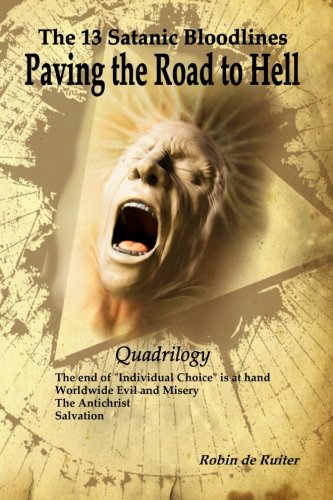To my mind this despondency on the Right stems from a tendency to view the political arena as a "Kurukshetra" - a war between Dharma (BJP) and Adharma (everybody else)
I find this tendency problematic
One side being a paragon of virtue, and the other side representing vice
Politics represents a platform for debating different views that exist on how society should be run
That is but natural in a free country that is comfortable with the diversity of opinions thrown up by human nature
Instead you have parties on either side thinking of the other as Evil
And this creates despondency - "oh...how could the voters do such a thing"
And the reason this happens is because there is no agreement even on the ground rules of how society should be run
You had Harry Truman, and later Adlai Stevenson of the Democratic Party. You had Eisenhower of the Republican party.
Sure there was infighting and political wrangling. But there was no strong polarization.
Both sides valued individual rights and freedoms. So there was a shared moral inheritance
They appreciated politics as something healthy. Because political differences were bounded by certain boundaries
Polarization is acute because there is no agreement on ground rules
The two sides don't even agree on what the "idea of India" is. And this is sort of true even in the US, unlike in the 1950s
However it is indicative that more work is required in first reaching a consensus on "ground rules" and develop a shared inheritance of certain values and notions
Once that happens, a healthy political life will ensue
US first ....
So in the world of 1950, when US was far less polarized, there was an agreement across the two parties on what US is. Nobody questioned that US is a "Western country"
Today, does that consensus exist? No
They think now of US as a nation of immigrants, who can shape the country with their own diverse values. Not necessarily "Western" or "Christian"
Instead of having a party of the Left and the party of the Right, what you get is a party of "Nationalists" who stick to the old 1950 notion of what US is, and a party of deracinated globalists who dont mind challenges to that notion
Again there is no agreement on the ground rules on what India is.
Or is it a motley bunch of diverse, unrelated cultures held together by a Constitution that some enlightened people wrote in 1947?
It is not any longer a Right vs Left debate. But a debate over the idea of India.
It should ideally have been sorted out at the time of the nation's founding.
So that in elections, we desist from discussing ideas of India
But unfortunately thats not the case.




